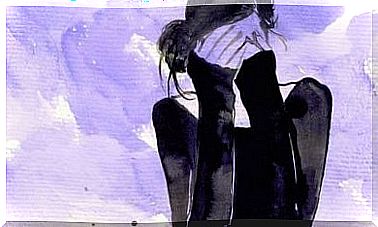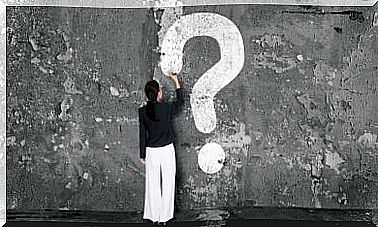The Greeks Called Apolitical “idiots”
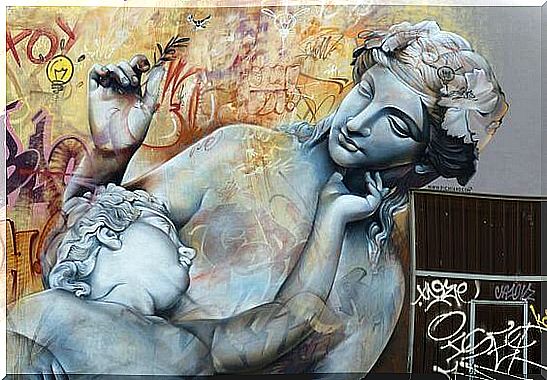
It has become common to say that it is not worth participating in politics because everything will always be the same and there is no way to fix it. A good part of the citizens in the world are apolitical, they do not even take care of exercising the right to vote and they do not want to know anything about what is done from power, except to complain about it.
Following this thread, we bring up an important fact: the origin of the word “idiot”. The word “idiot” has its origin in Ancient Greece and was used to designate those people who did not deal with public affairs, but only with private matters. At first it did not have a derogatory connotation, but as time went by, especially after a few events, it became an insulting word.
The Athenians placed great value on political participation. They considered it a duty and a right and every free citizen had to exercise them. This was precisely what differentiated the citizen from the barbarian and that is why the State was in charge of guaranteeing that free subjects could enjoy that privilege. That is why they were called “idiots” to those who did not.
The vicious circle of the apolitical
It is worrying that many people in the world think that not participating in any way in political activity is an act of conscience. They start from the idea that being completely skeptical and staying out of everything is the most reasonable attitude. It does not matter that everything that is done from power affects them directly or indirectly. They have simply given up participating.
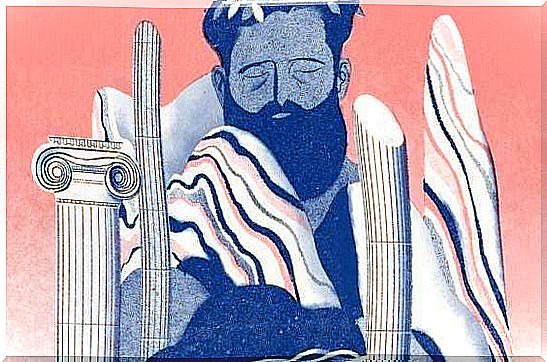
It is clear that the political class has a lot to do with this skepticism of the citizens. We live in a time in which it has gone from underground corruption to outright cynicism. Many of the politicians can no longer be classified as thinkers, statesmen or ideologues, but as celebrities or circus figures. They have turned the scandal into an instrument of publicity and the lie into a working mechanism.
The paradox is that many of these characters remain in power thanks to the apolitical. Nothing is more convenient for this type of government than passive and silent citizens who are content to criticize everything while drinking coffee.
The apolitical leave the field free to the power groups within a society. They do not offer resistance, do not answer and, apparently, “do not count.” The truth is that this “no action” becomes a factor that defines a lot for a country. Those who respond become a minority, often marginal; and those who govern badly, do so with the complicity of those who only take care of their own affairs, forgetting that they are part of a society.
Individualism and community
Radical individualism has become a way of thinking and living. Each one thinks only of what he believes is his responsibility. But here comes another paradox: never before have people had so little individuality. This sum of islands make up a mass in which one does not differ from the other and each one believes that he thinks about his own, but is thinking about the same thing that others think.

That mass-individual of today wants to live in his own bubble. Everyone walks with their eyes on their own mobile phone, listening to their own music, on their own headphones and with their own concerns that are generally quite similar to those of others. And if there is no community, as such, there is no politics, as such.
The sense of the collective is only partially recovered on some exceptional occasions. In a soccer game, for example, when everyone feels one supports the same team. Or at a concert, where everyone sings the same song at the same time and infects each other with emotion or hysteria. There people feel part of a collective, but at the same time they feel alone. Hence the need to take the intensity of emotions to the extreme.
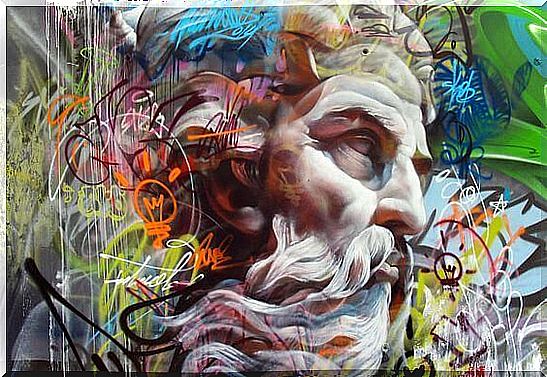
In Lacanian psychoanalysis it is often said that an idiot is the one who must abide by the consequences. He who suffers the effect of circumstances, but maintains a passive position in front of them. This is the apolitical person, that person who perhaps builds some ties, but does not know how to build a community. Someone who exhibits his passivity as an achievement and renounces freedom in the name of supposed individual success, unaware that it is rather a sublimated form of slavery.

